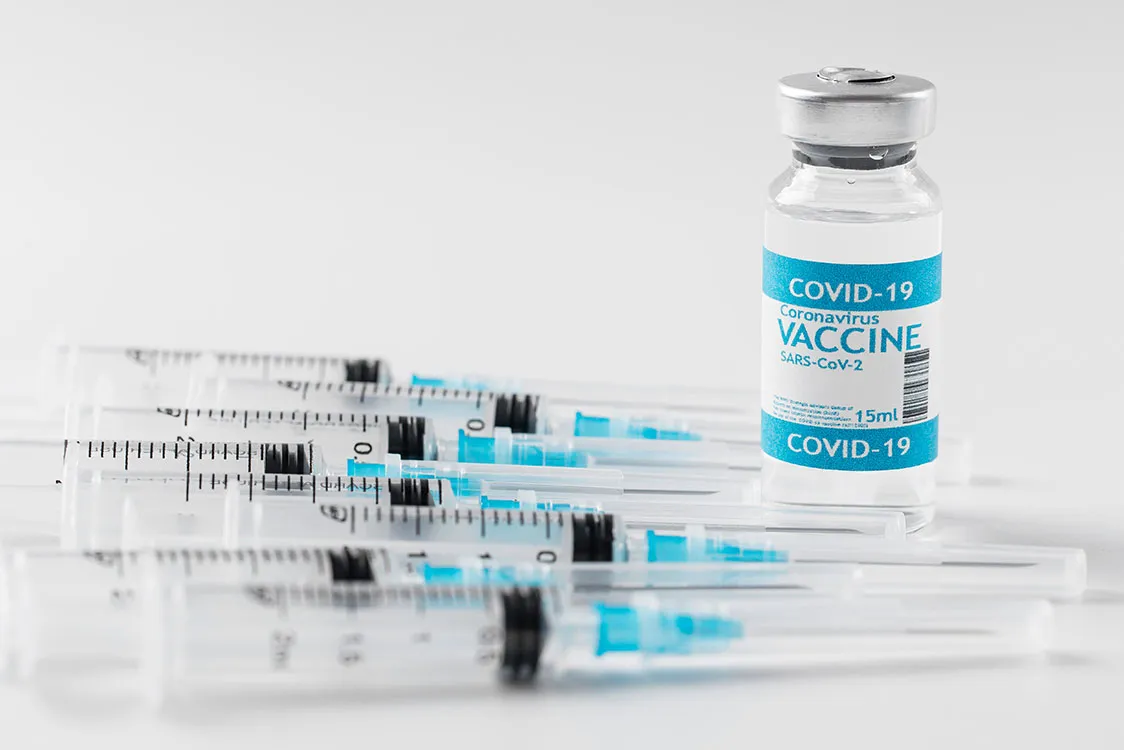Health check-ups are pivotal indicators of our health and should be done regularly. However, there are certain factors that should be considered while doing a full body check-up.
A health check-up is a routine examination of your overall physical condition. A full body check-up can greatly contribute to improving the present state of your overall health. Here is all you need to know about why these check-ups are important and how to prepare for them.
Significance of Full Body check-up
A full body health check-up offers several benefits for maintaining overall health and well-being. Here are the primary advantages of these check-ups:
-
Detailed Assessment of Overall Health: Full body check-up package provides a holistic evaluation of your health status, allowing for the early detection and management of diseases or health conditions even before symptoms manifest. Monitoring vitals and various health parameters helps determine if they fall within normal ranges, providing valuable insights into your overall health.
-
Early detection of health issues: Full body check-up aids in identifying potential health problems before they progress into serious illnesses that could disrupt your daily life. The check-up allows healthcare providers to detect early signs of life-threatening diseases, enabling timely intervention and treatment. Managing a disease early on increases the likelihood of effective treatment and complete recovery.
-
Management of Genetic Conditions: Many diseases have a genetic component and can be inherited within families. Conditions such as heart disease, diabetes, and psychological disorders often have a genetic predisposition. Regular full-body check-up helps monitor the progression of these conditions and ensures proper management strategies are in place.
-
Cost Savings on Treatment: Investing in preventive healthcare through full body check-ups can save you money in the long run. Detecting and addressing health issues early is more cost-effective than treating an advanced-stage disease. Full-body check-ups are typically affordable and help address potential health concerns before they escalate into expensive medical treatments.
Factors to consider while preparing for a Full Body check-up
Preparing for a full body check-up requires certain considerations to ensure accurate test results. Here are some guidelines to follow:
-
Get adequate sleep: Prioritise a good night’s sleep of at least 6 hours before the check-up. Sufficient rest helps maintain proper heartbeat, blood flow, body temperature, blood pressure, and muscle function during the tests.
-
Fasting: Refrain from eating or drinking anything (except water) for six to eight hours before the tests. This ensures accurate blood sugar and cholesterol measurements.
-
Limit Salty and Fatty Foods: Steer clear of salty and fatty foods before the tests, as they can disrupt blood sugar levels. However, after the tests, you can enjoy these foods in moderation.
-
Avoid Heavy Exercise: On the check-up day, avoid engaging in weightlifting or intense cardio exercises. Exercising increases heart rate and blood flow, affecting test results.
-
Avoid Alcohol: It is advisable to abstain from alcohol consumption for 24 hours before the check-up. Alcohol can affect the liver, kidney, and blood test results.
-
Existing Reports: If you have any chronic diseases, such as high blood pressure, carry the latest reports related to that condition. This information will assist the doctors in conducting a comprehensive diagnosis.
-
Consultation: If you take medication for hypertension, consult with a doctor before the check-up. Some medicines may have side effects that could impact the test results. Follow your doctor’s prescription accordingly.
-
Wear Loose and Comfortable Clothing: Wear loose and comfortable clothing on the day of the check-up. This allows easy access to the upper arm for blood sample collection and ensures a comfortable experience.
-
Menstrual Period Considerations: For females, it is advisable to avoid scheduling tests during the menstrual cycle and four days before and after. Menstruation can contaminate urine samples, potentially affecting the accuracy of the tests.
Getting a full body check-up is an effective method to stay informed about potential health problems and address them before they can cause significant harm. It allows for early detection and proactive management of health issues, ensuring timely intervention and preventing further damage.





